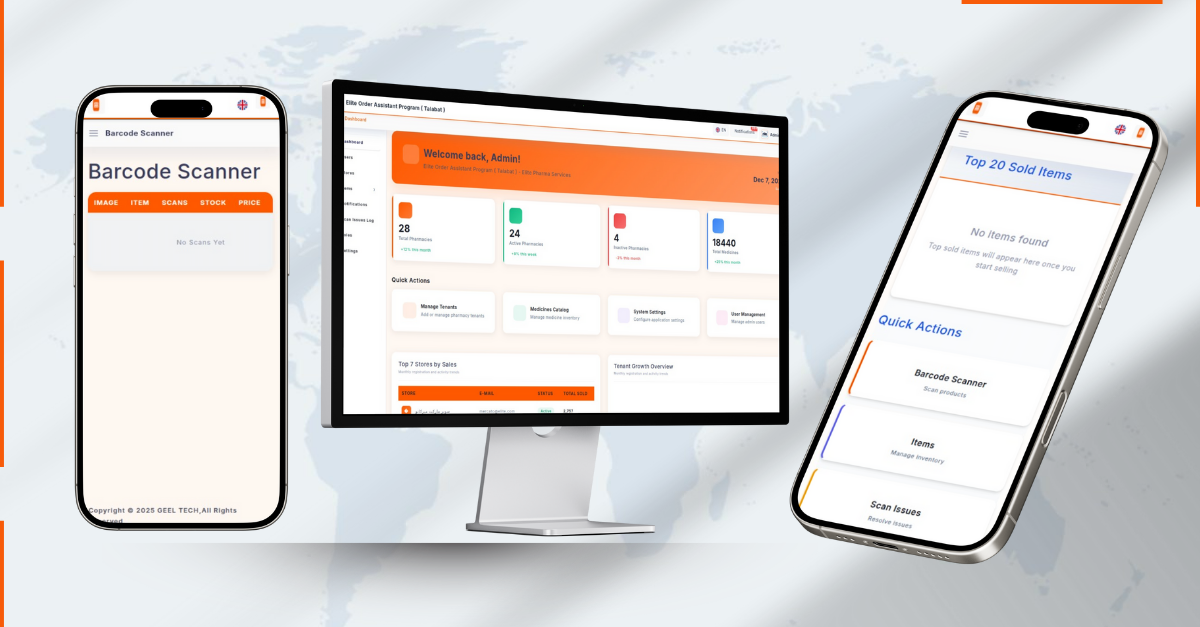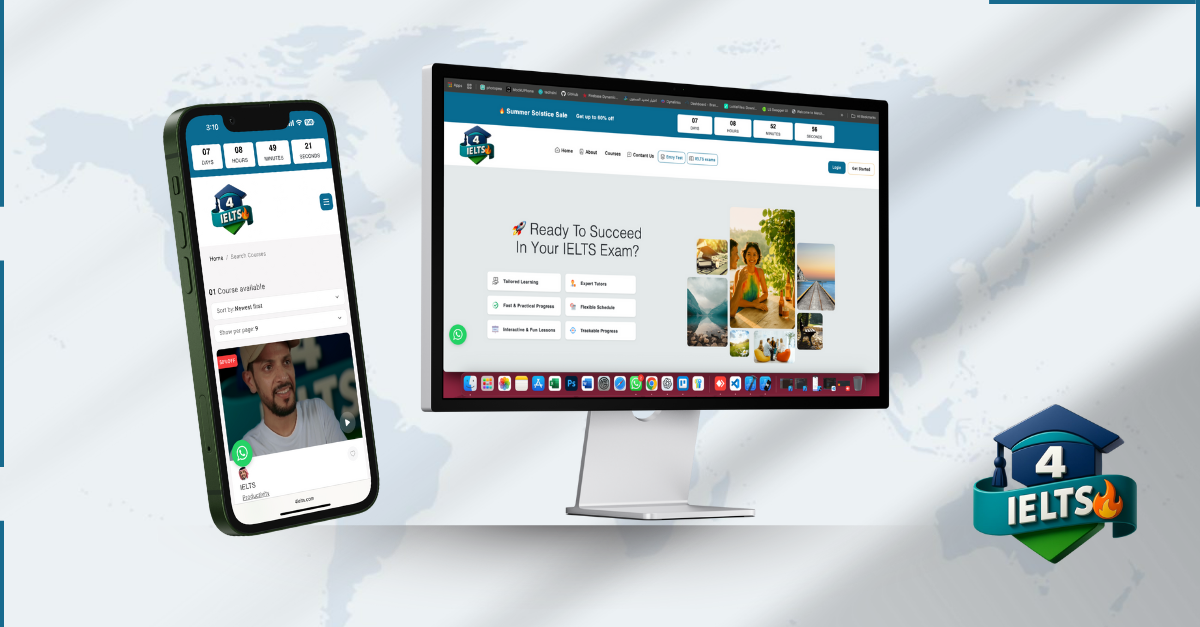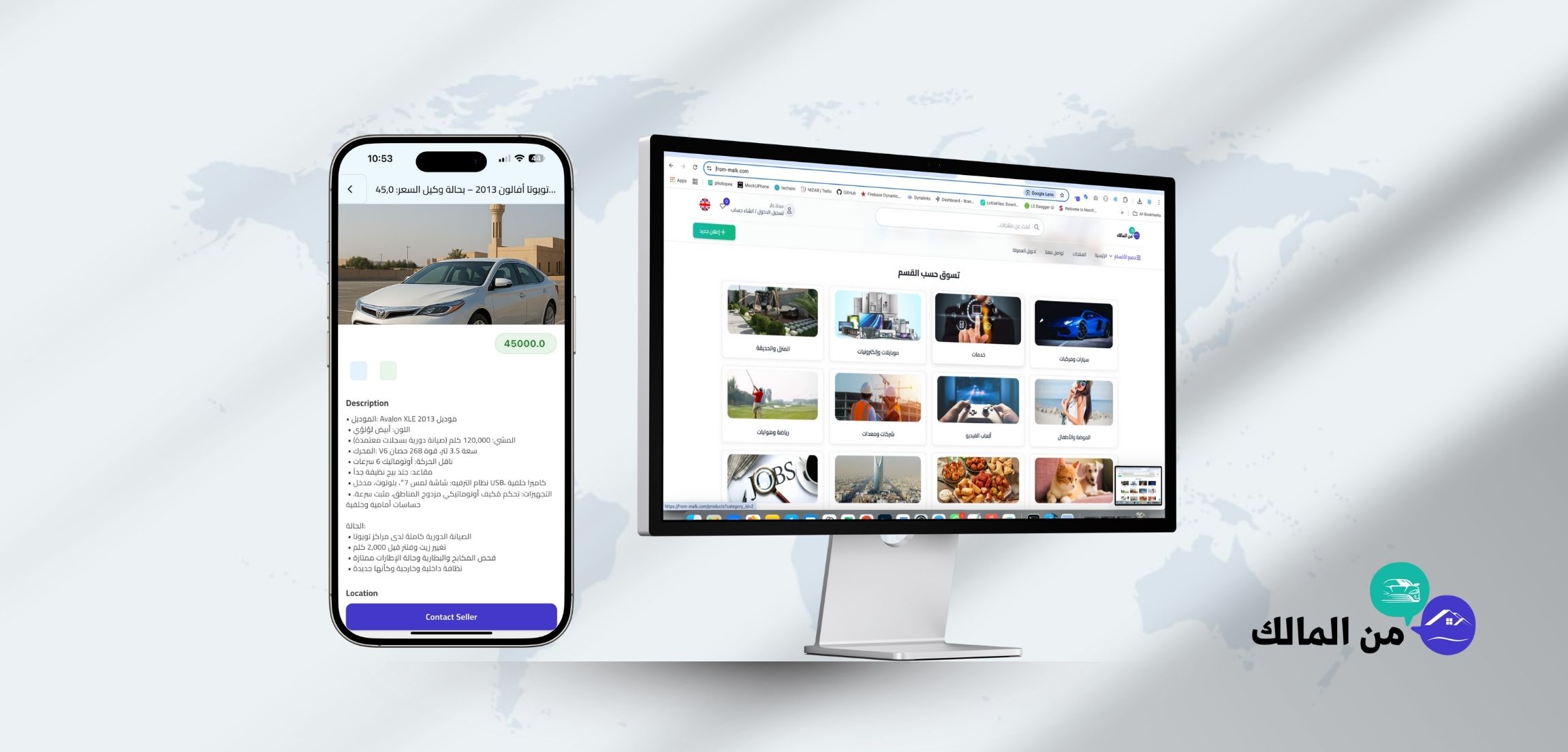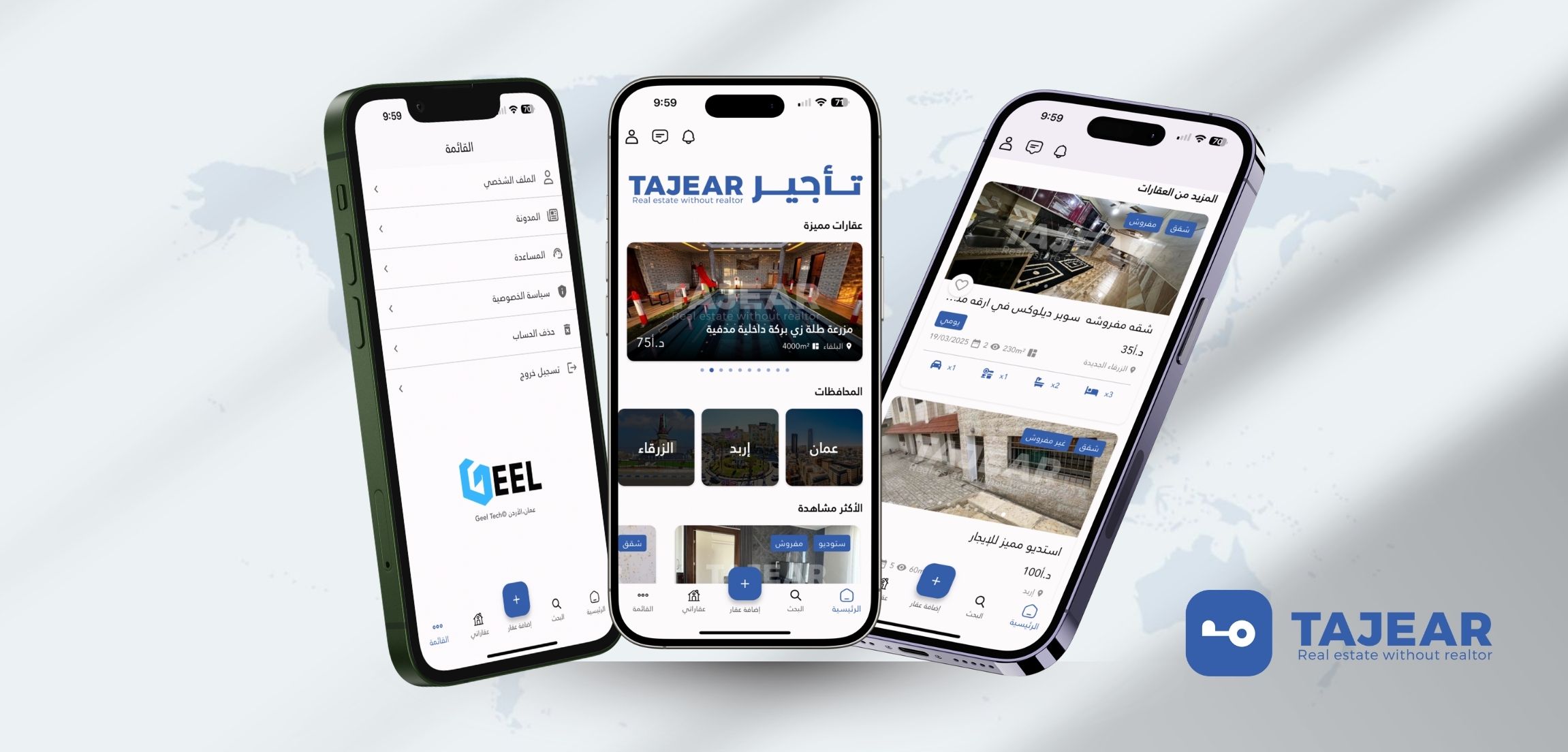Artificial intelligence is already changing the world is no longer a science fantasy, as it quietly changes our world in deep ways, which is from the way we interact with technology to the decisions that shape our lives, and it also leaves its mark, and it's not just about self-driving cars, (although they are also coming), let us delve into 3 surprising ways of artificial intelligence that are already changing the world, a future full of amazing challenges and possibilities.
3 Ways Artificial intelligence is already changing the world
Artificial intelligence is already changing the world in many profound ways, here are three areas where artificial intelligence is already having a significant impact:
Revolutionizing healthcare
one of 3 ways artificial intelligence is already changing the world, ai is being used to develop new diagnostic tools and treatments and also work on analyzing medical images of early signs of disease, and even work on complex surgeries for example, AI systems can now analyze breast imaging with greater accuracy than human radiologists, which can lead to early detection of breast cancer.
Transfer conversion
one of 3 ways artificial intelligence is already changing the world, ai plays a key role in the development of self-driving cars which has the potential to revolutionize transport, self-driving cars also use a variety of sensors s environment ", including cameras, radar and lidar, to understand their surroundings and move safely ", while fully autonomous vehicles are still under development, AI driver assistance systems are already available in many cars, which help reduce accidents.
Shaping the future of work
one of 3 ways artificial intelligence is already changing the world, ai automates many of the tasks previously performed by humans and this displaces jobs in some sectors, yet artificial intelligence also creates new opportunities in many different fields which are such as data science and also machine learning and robots, ِas artificial intelligence continues to evolve, it is important that strategies be developed to ensure that everyone benefits from this technological revolution.
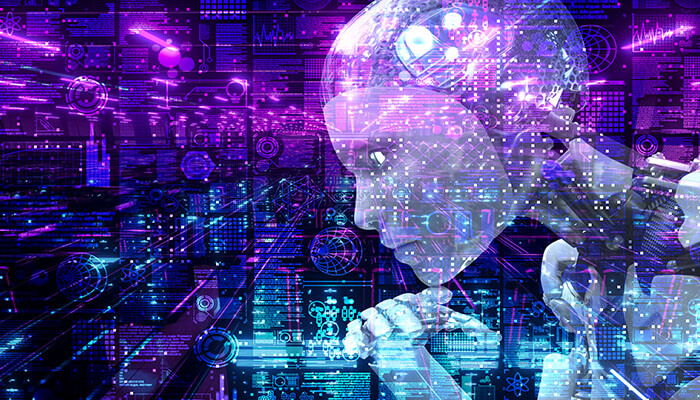
Historical Background of Artificial Intelligence
Artificial intelligence is already changing the world the concept of artificial intelligence (AI) has a surprisingly long history, although the term itself is relatively recent, and below we will offer you a glimpse of the past of artificial intelligence:
Early beginnings (ancient times - 1940s):
- Philosophical ideas: Even in ancient times, philosophers have contemplated the nature of intelligence and whether machines are capable and can think or not.
- Mechanical marvels: inventors created many machines, which were considered self-moving machines, which laid the foundation for the idea of artificial organisms.
- Computing dawn: In the mid-20th century, the development of electronic computers was provided on the basis of modern artificial intelligence.
- The Birth of a Field: In 1943, Warren McCulloch and Walter Betts presented their own model that has to do with artificial neurons, which is an early form of artificial intelligence.
Formalization of artificial intelligence (1950s and 1970s):
- Turing Test: in 1950, Alan Turing's paper "Computing and Intelligence Machines" proposed the test for turing, which is an automated intelligence standard, and also laid the foundation for theoretical artificial intelligence.
- Drafting the term: john mccarthy, in 1956, was credited with working on the term "artificial intelligence" and was at the dartmouth workshop, which is the founding event of AI research.
- Early Programs: the 1950s and 1960s saw the development of AI programs that are early and also capable of playing games like checkers as well as proving theories.
- Early enthusiasm: this period was characterized by optimism and also substantial funding for many AI research.
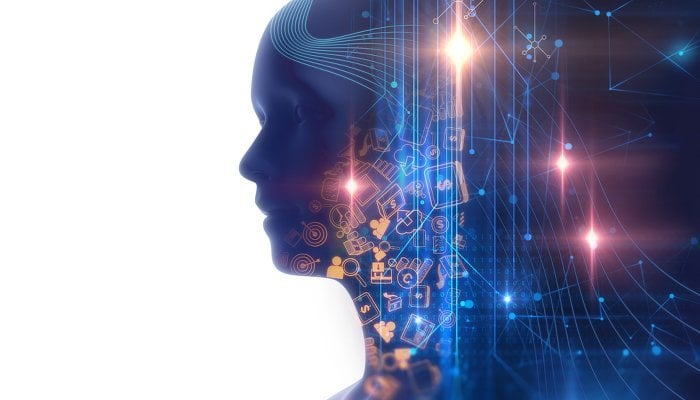
Challenges and progress (1970s-present):
- Winter AI: by the 1970s, device and software constraints had led to a period of disappointment known as "Winter AI."
- Shifting focus: the shift of research towards more practical applications of artificial intelligence, which are like expert systems with limited logical capabilities.
- Renewed attention: developments in computing power and algorithms in the late 20th century and also early 21st century led to the resurgence of AI research.
- Machine Learning Boom: the emergence of machine learning techniques such as synthetic neural networks has led to many major breakthroughs in areas such as computer vision and also natural language processing.
Future Trends and Challenges of Artificial Intelligence Is Already Changing the World
Artificial intelligence is already changing the world, ai has a tremendous impact and its impact will grow exponentially. Here is a breakdown of some exciting trends and ongoing challenges in the future of AI:
Trends:
- Advances in machine learning
Machine learning algorithms (ML), which are especially deep learning, are becoming increasingly complex, and this leads to artificial intelligence systems with many improved problem-solving capabilities and also the ability to handle complex tasks across different fields.
- The rise of interpretable artificial intelligence (XAI)
As AI systems become more complex in our communities, there is a growing need for XAI, which focuses on making AI decisions transparent and highly understandable, and this will be critical to building confidence in AI and working to ensure its ethical use.
- Human-AI cooperation
We are moving towards a future in which humans and AI work together as partners in the same society, ai can deal with repeated tasks and also have the ability to analyze data, while human beings contribute to work on creativity and critical thinking as well as social intelligence.

Challenges:
- Job displacement: Automation through AI is likely to continue to displace jobs in certain sectors. We need to develop strategies to retrain workers and ensure a smooth transition to an AI economy.
- Bias and equity: AI systems can perpetuate many societal biases if they are trained in biased data, and ensuring equity and mitigating bias in AI algorithms is critical.
- Safety and security: As AI becomes more independent, safety and security are also critical, many safeguards and also strong regulations are necessary to prevent any misuse and work to ensure responsible development of AI.
- The interpretability gap: Even with the advancement of XAI, there are probably many aspects of complex AI systems that are still difficult to interpret, and understanding how AI reaches conclusions will be critical to working to build trust and also address potential biases.
Artificial intelligence is already changing the world, the impact of artificial intelligence cannot be denied in our own societies, shaping health care, also transforming industries, and working to redefine the future of work.


